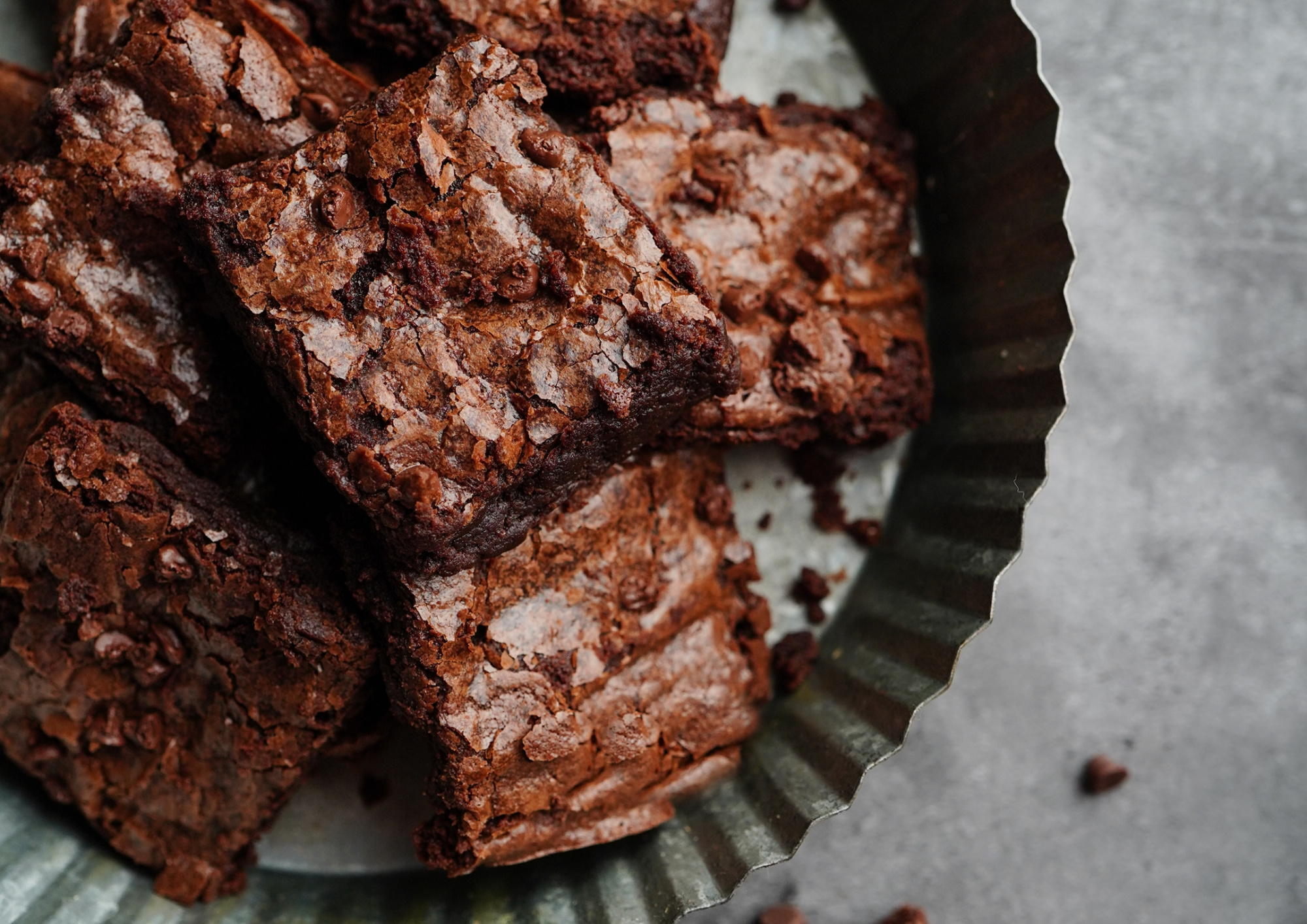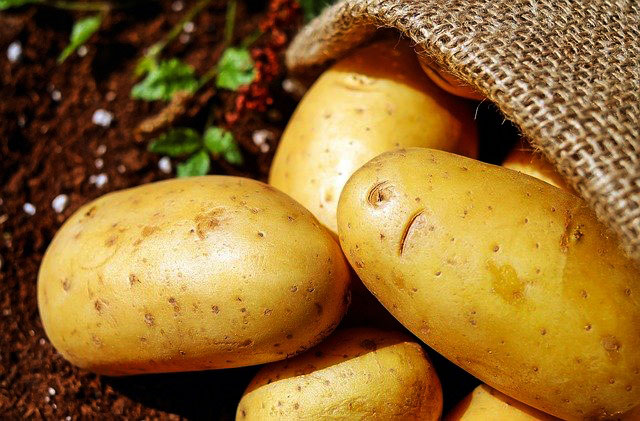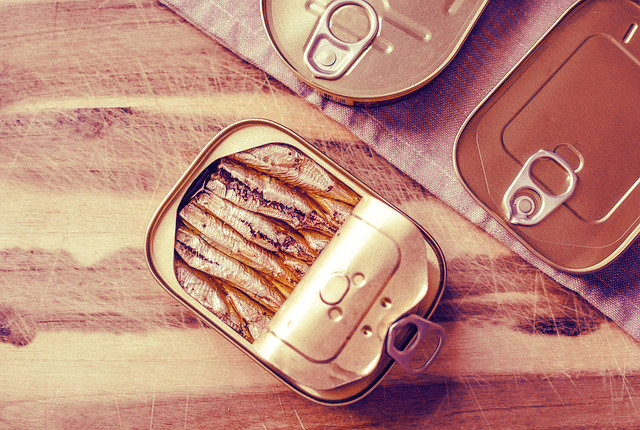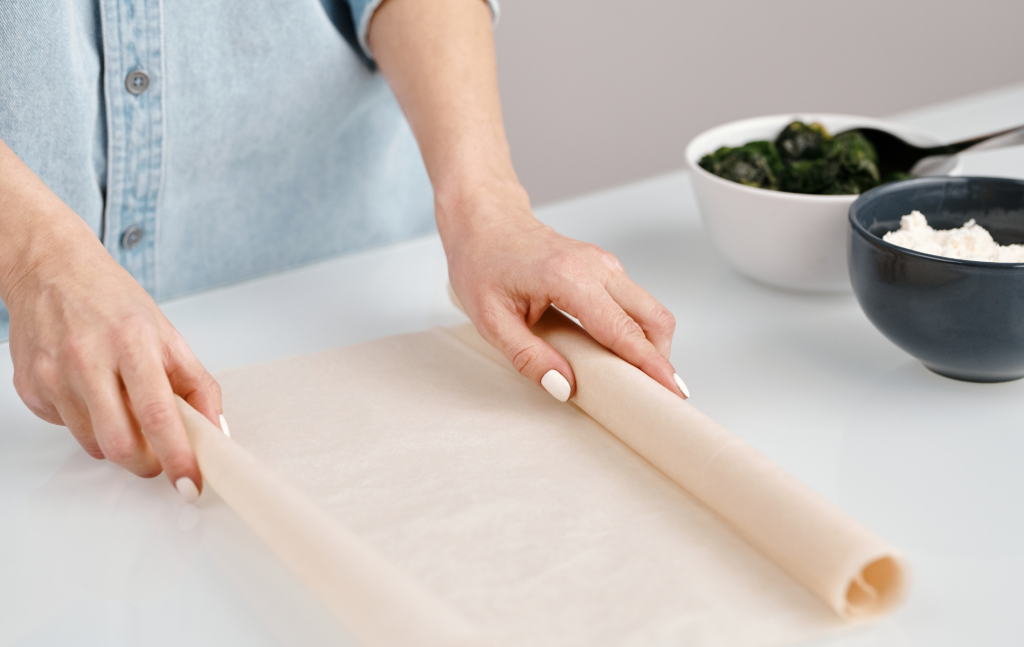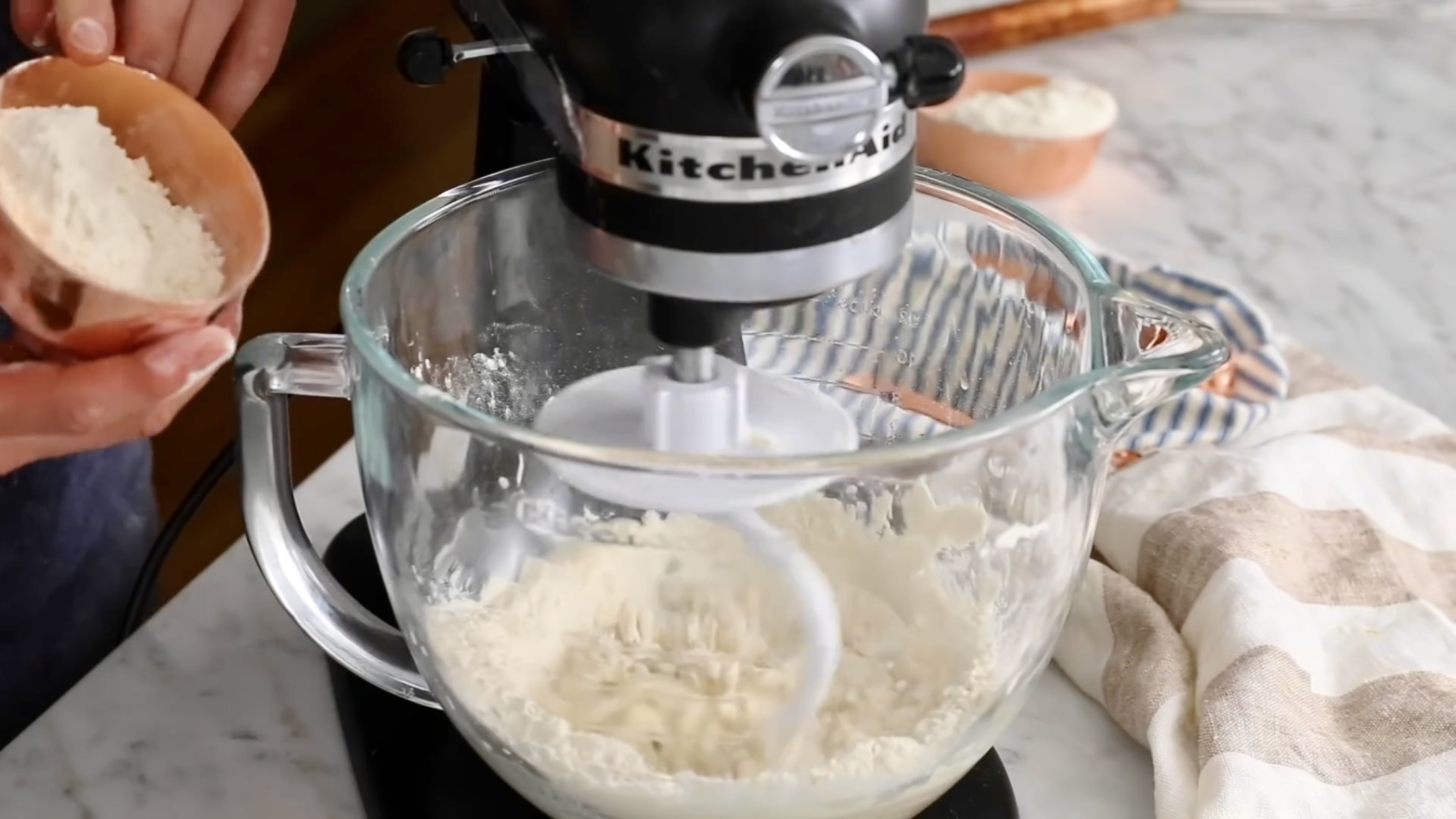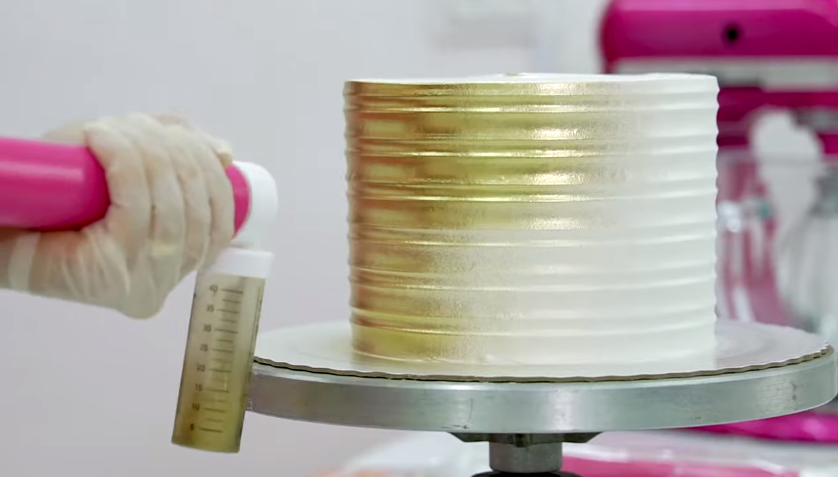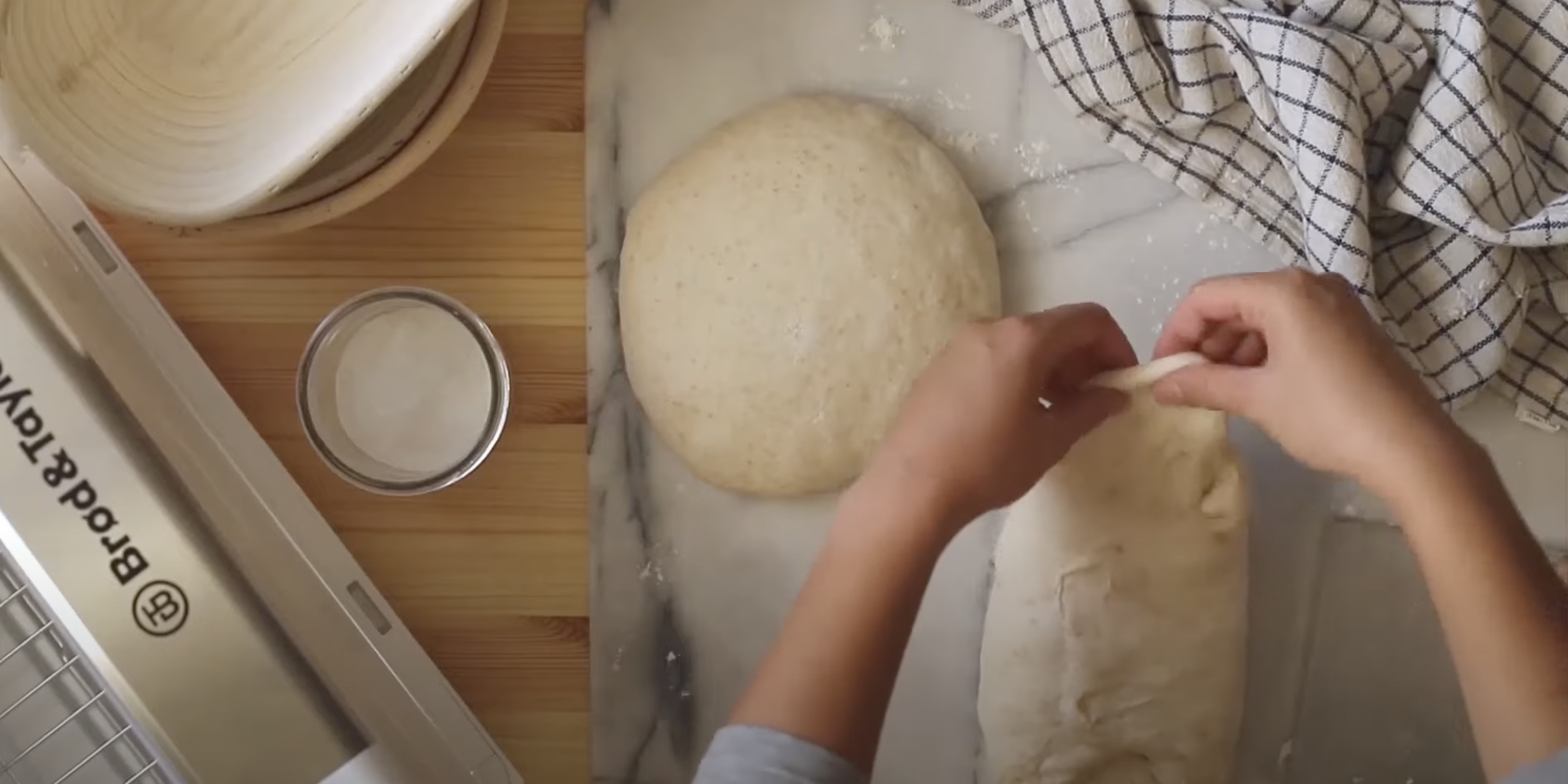Why does your question sound like a rap song to us? Perhaps we've been hearing our teenagers' "music" a little too much?
Freezing corn on the cob is easy and can be worthwhile, but we have to tell you that corn lovers are sometimes disappointed with a mushy, rubbery texture, and a "cobby" taste. Beyond that, people haven't done it all that much - or at least talked or written about it all that much - because frozen corn on the cob takes up a lot of space, and most people haven't had tons of extra freezer space.
Unless you want to grill it in mid-winter (which you won't*), we see no point at all in keeping the husks. Plus, you have to do most of the work of husking anyway (discard the outer leaves, pull down the inner leaves to remove the silks, and rewrap the inner leaves), so why bother?
See Related: How to Freeze Fresh Corn (Off the cob)
We are firmly in the blanching-first camp, as it will allow you to keep flavorful frozen corn much longer - really, from six to ten months. If you're only intending to freeze a dozen ears and promise to eat them by Thanksgiving, you can probably get away without blanching, but it doesn't seem like that much extra trouble to us to ensure better flavor.
So, with or without a beatbox, here's Ochef's first rap track - yo!
Shuck, boil, then freeze; Shuck, boil, then freeze; We're having corn this winter; Shuck, boil, then freeze.
To package corn on the cob, put them in half-gallon or gallon freezer bags. Squeeze out the air, seal, label, and freeze. Don't freeze more than 2 pounds of food per cubic foot of freezer capacity per day or you may overwhelm your freezer and/or cause nearby items in the freezer to thaw.
*The best ways to cook frozen corn are pressure cooking, baking, and microwaving (please, Lord, forgive us for using that as a verb) from the frozen state. In general, one would not cook it on the grill in the dead of winter, unless one were a grilling maniac. (Yes, we fully expect to hear from those grilling maniacs who can't believe we told you to husk your corn now and microwave it in the depths of winter.)
You may also want to read: Freezing Food: A Complete Guide With Everything You Must Know
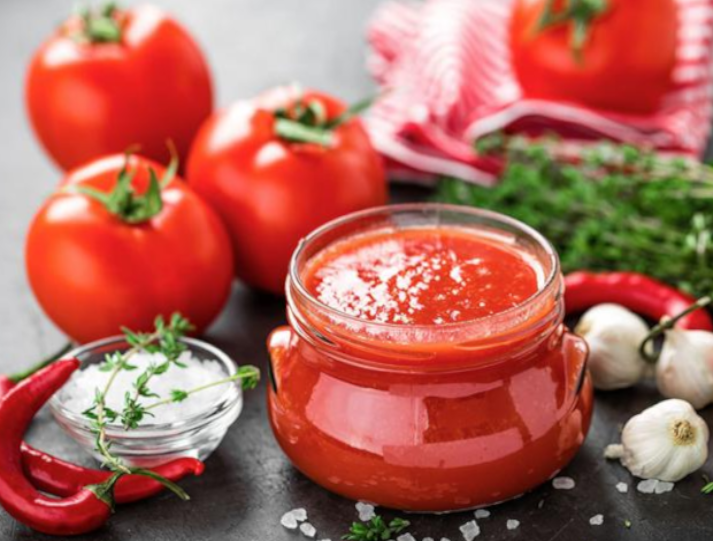
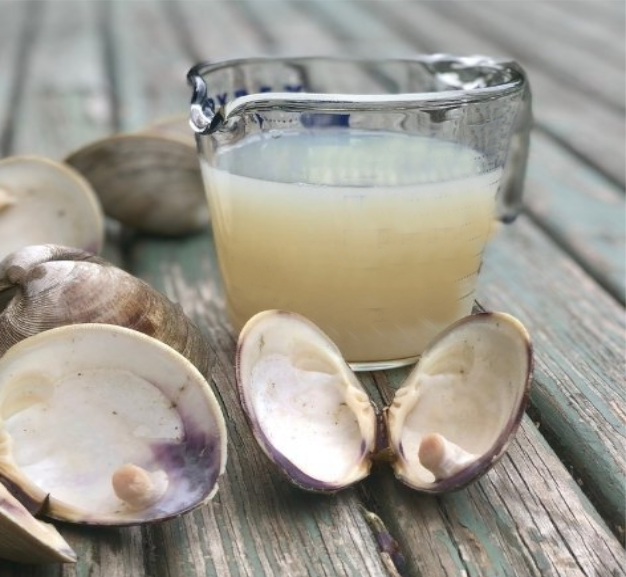
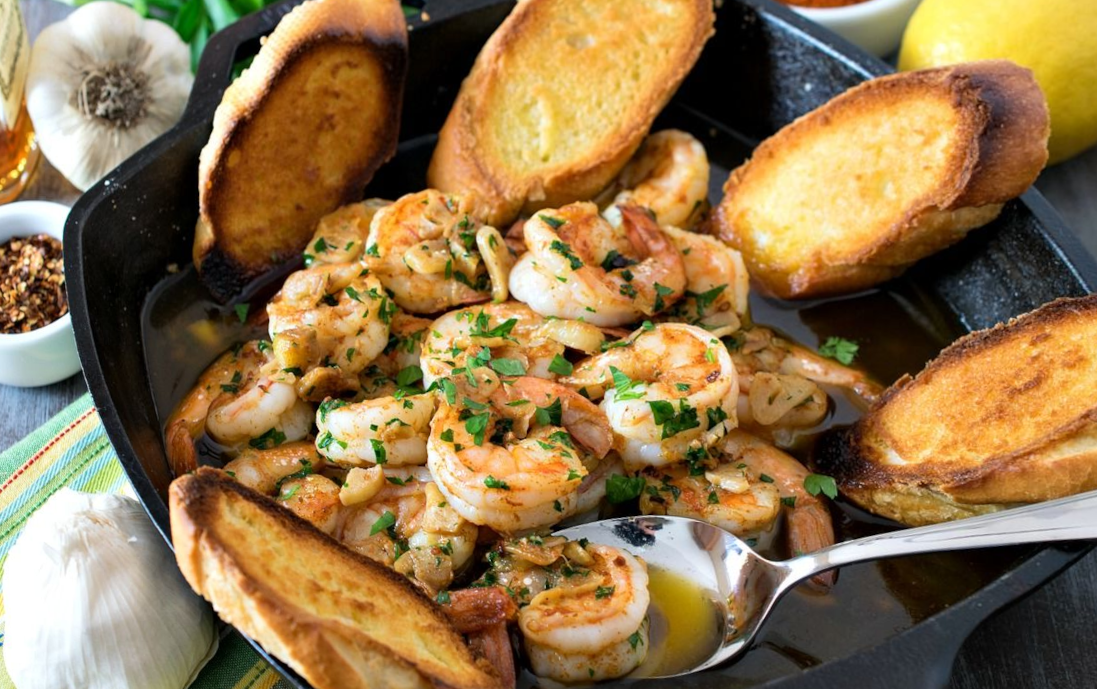

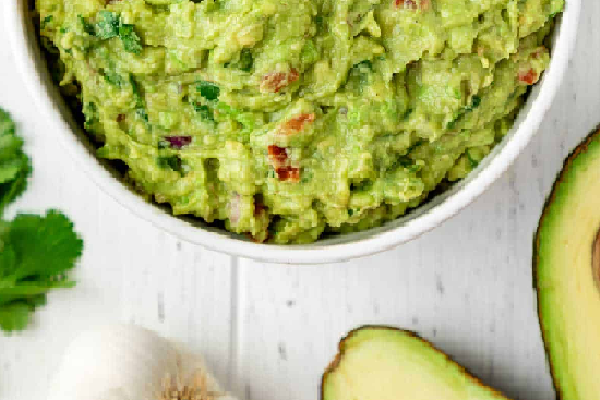
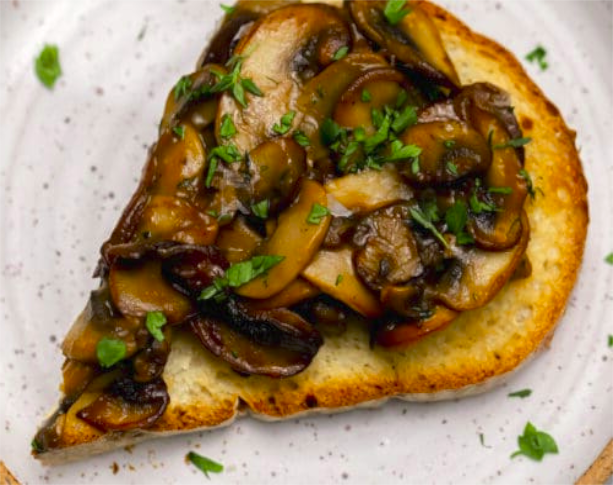
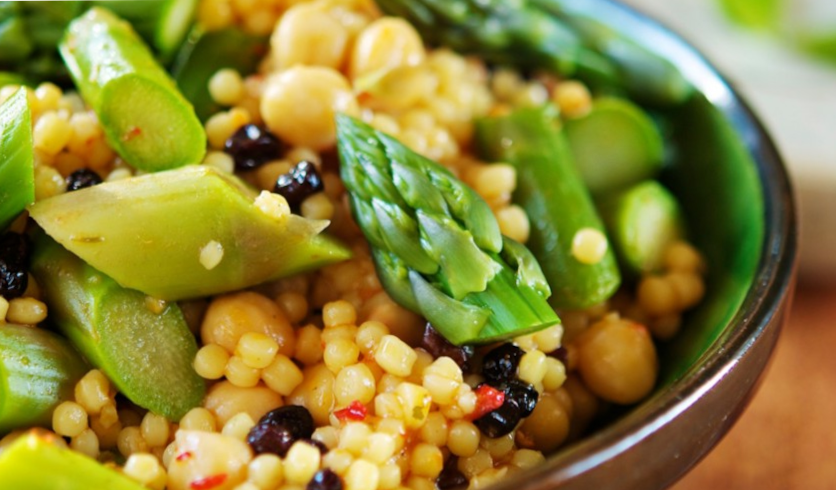
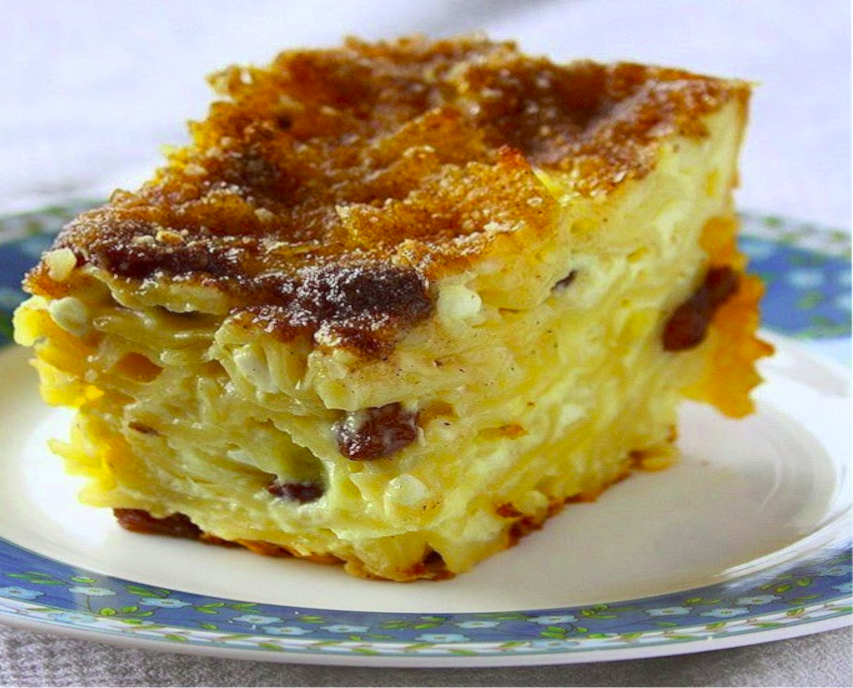
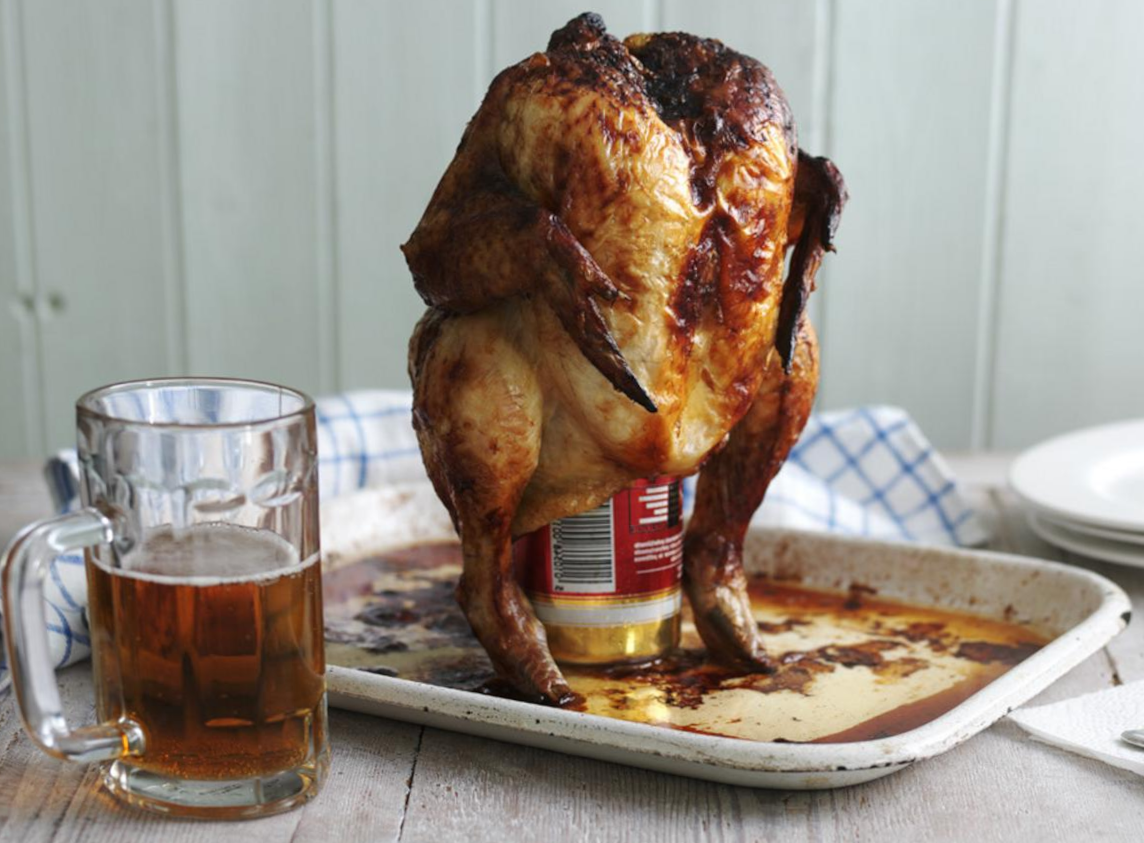

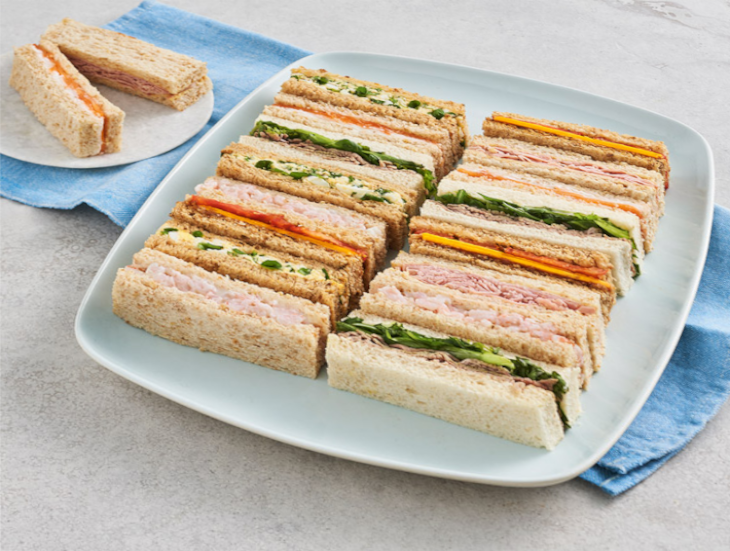



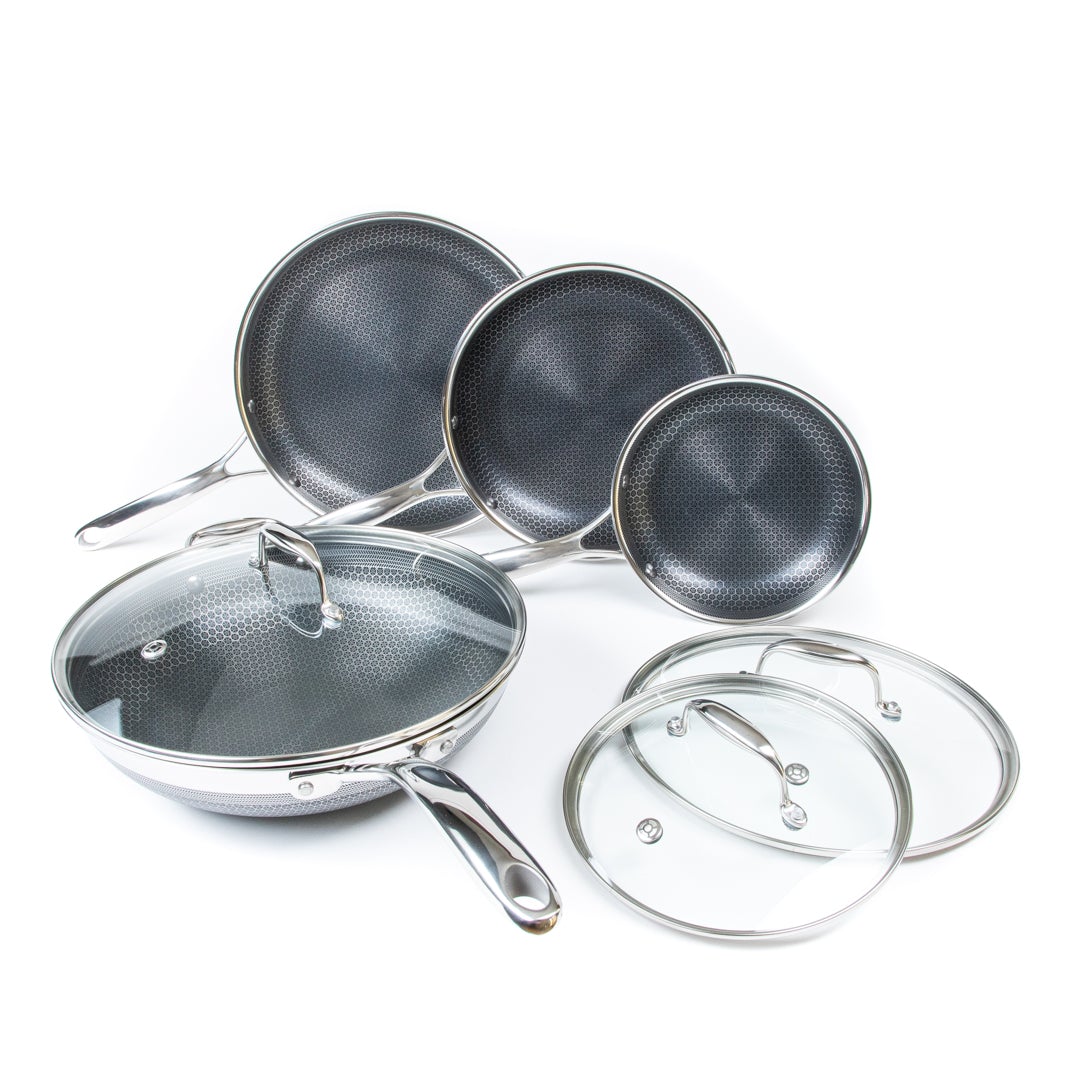
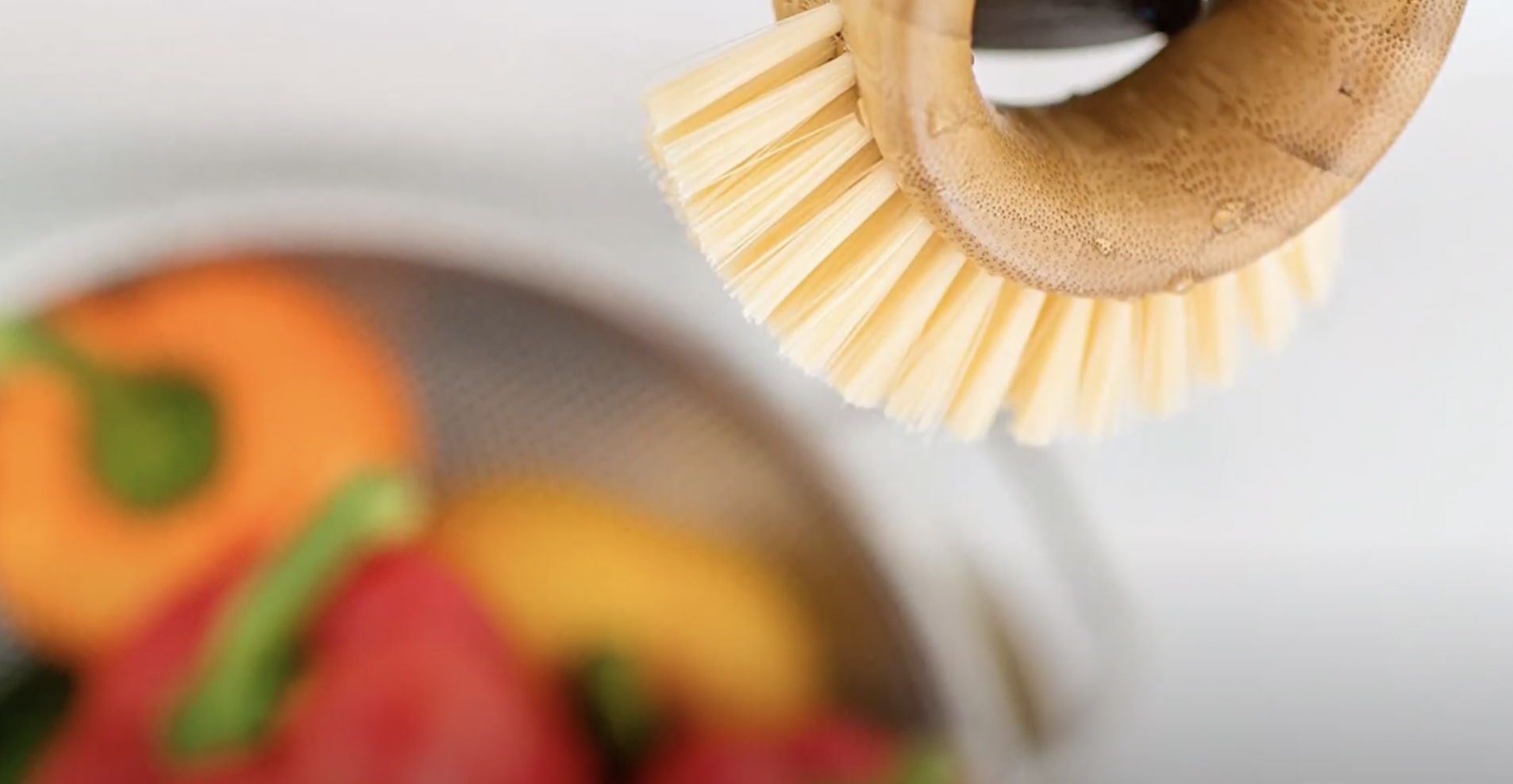
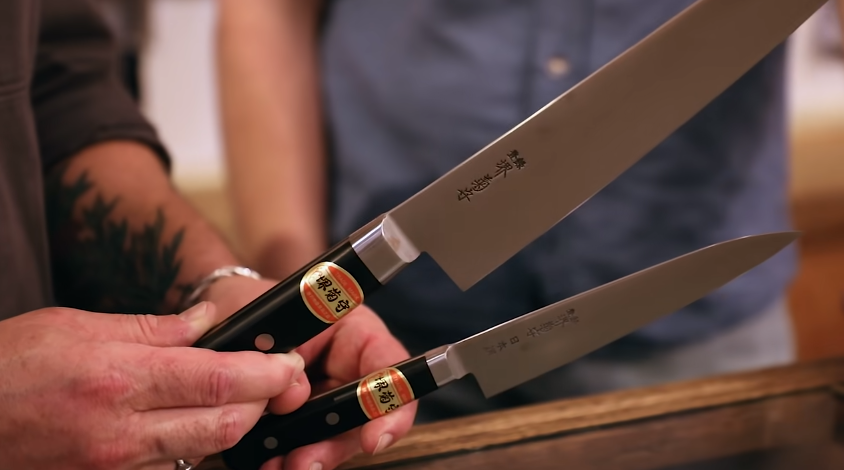
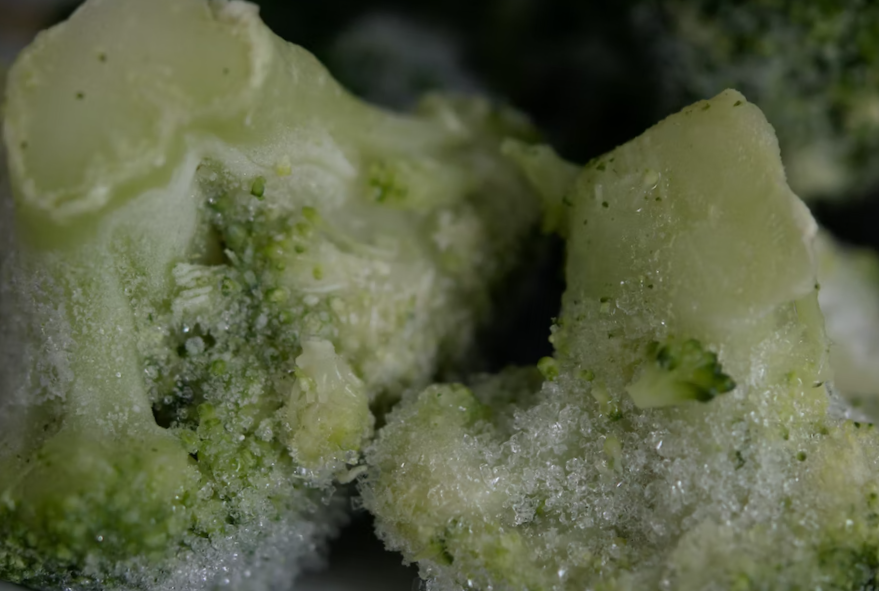
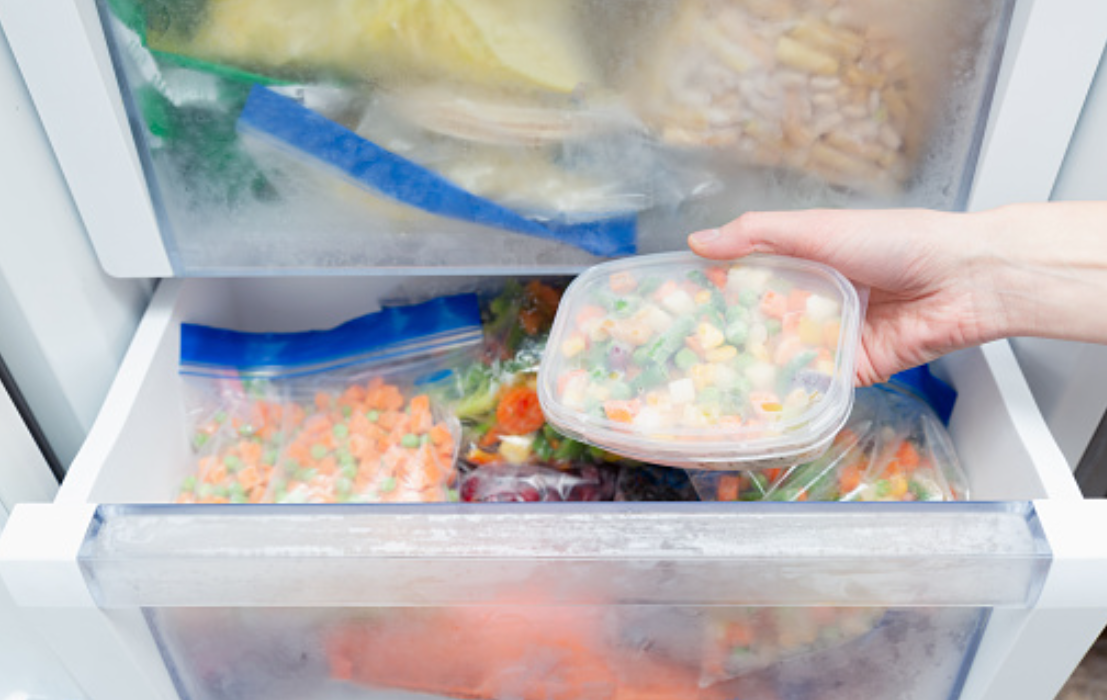
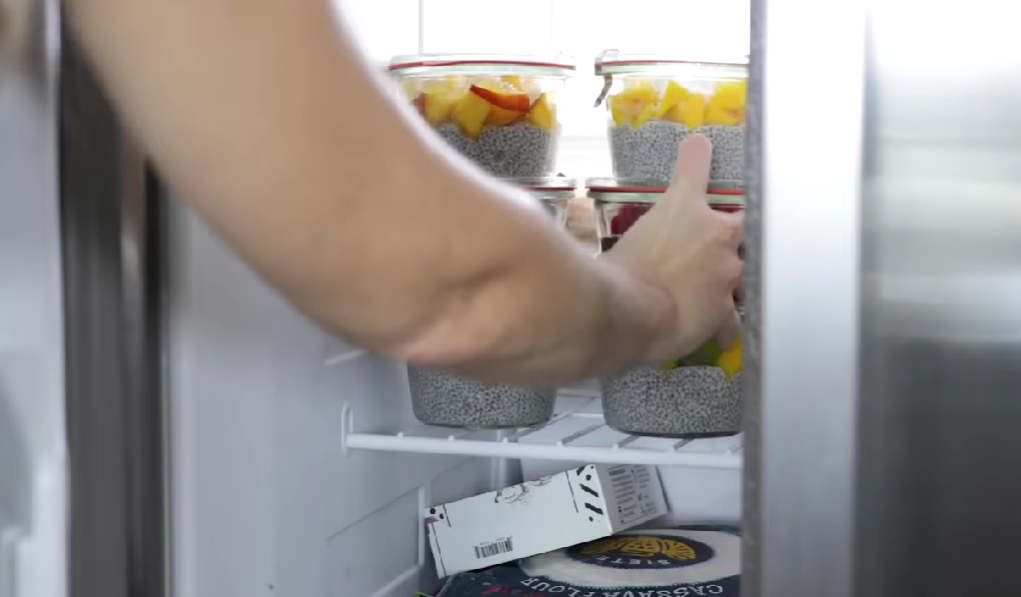
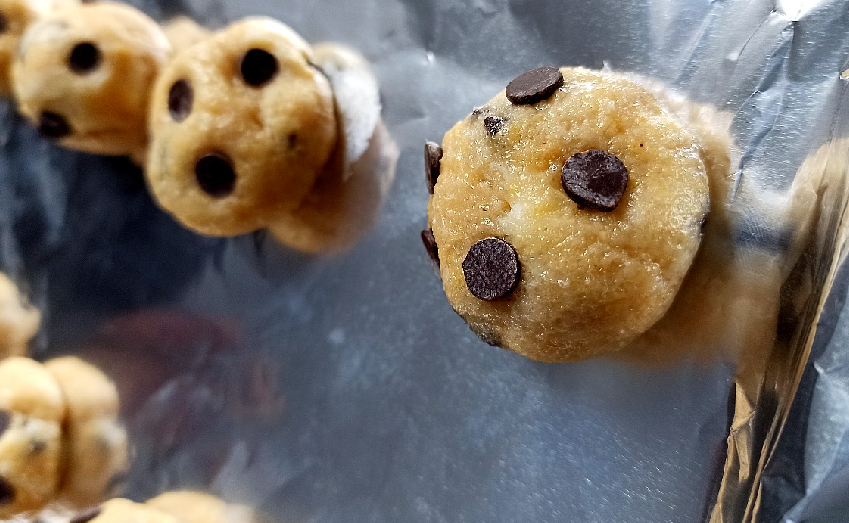
![Can you Cook Eggs in the Microwave? [Complete Guide]](/assets/images/c1f79d1cad59f18f9b5dc31403bd0eb2.png)
